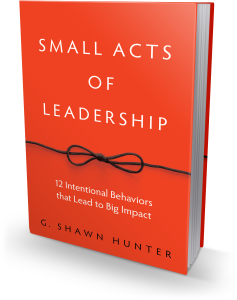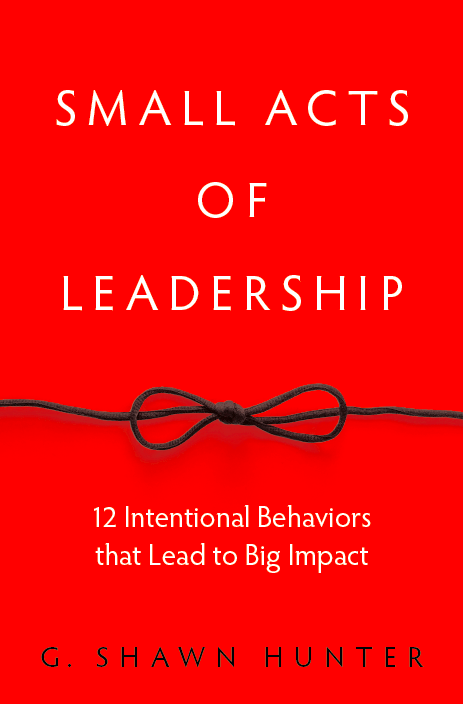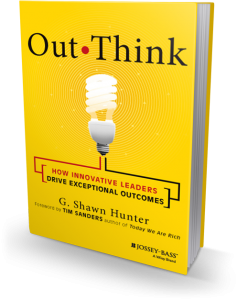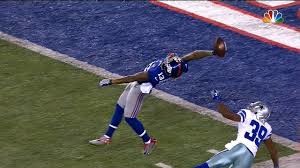Why Successful People Don’t Believe in Comparisons
“Comparison is the death of joy.”
– Mark Twain
I don’t mean to say successful people don’t believe in comparison, as in they don’t believe it exists. Rather, the most successful people reframe comparison as learning opportunities instead of competition.
Named the “next Pelé” and going pro at the age of 14, Freddy Adu, was hailed by Major League Soccer as the savior of the game. Within a few short years, Adu became the definition of unrealized potential. After being drafted by DC United, and having a lackluster season, Adu knocked about in leagues from Portugal to Monaco to Greece to Turkey, then back again to the MLS. He currently plays for the Las Vegas Lights Football Club, and is still searching for his footing on the field.
“I’m not going to lie, that stuff bothers me. It hurts.” Adu told Goal USA in an exclusive interview. “In the end, I can’t control what people say. It wasn’t my choice or decision to be compared to Pelé when I came into the league.”
“What has happened is I’ve gotten to the point where I’m basically scared of failure right now. That’s the honest truth.”
– Freddy Adu, soccer player
Alissa Quart learned to read at 3 years old. At 7 she had written a novel. By 17 she was winning creative writing competitions. As she writes in her book Hothouse Kids, her father cultivated a strong sense of academic expectation, and as a result she writes that she developed a feeling of failure when she didn’t live up to the demands. She was constantly compared to, and expected to, outperform her peers.
“Designating children as gifted, especially extremely gifted, and cultivating that giftedness may be not only a waste of money, but positively harmful.”
– Alissa Quart, author Hothouse Kids
Believing we are gifted, or special, is comparing ourselves to others. When we tell ourselves that we are somehow endowed with special gifts or skills, we are comparing our skills to our peers, and it only serves to denigrate either ourselves or someone else. It’s the very nature of comparisons.
When we compare ourselves to others, we create a sense of superiority and pride within ourselves, and contempt for another. Even worse, we can develop schadenfreude, a sense of pleasure and joy at the misfortune of others.
These thoughts are the domain of the fixed mindset – the belief that our skills, our intelligence, our capacity for invention or creativity is limited and fixed. When we believe that our skills are fixed we lock ourselves into a comparative hierarchy that only serves to further limit or potential.
Inversely when we adopt a learner mindset, we see those as more talented as opportunities to learn. The “genius effect” is when we see another as having greater skill and are inspired by it. When inspired, with an open mind, we study that talent, we are fascinated by that skill. We become transfixed by the talent we see and work to break it down into chunks we can recreate ourselves.
“If you were to visit a dozen talent hotbeds tomorrow, you would be struck by how much time the learners spend observing top performers. When I say ‘observing,’ I’m not talking about passively watching. I’m talking about staring — the kind of raw, unblinking, intensely absorbed gazes you see in hungry cats or newborn babies.”
– Daniel Coyle, author The Talent Code
When you see an amazing presentation, an incredible athletic performance, an astonishing work of art, don’t compare yourself, instead study it, be inspired by it. Break it down, deconstruct it, figure it out, and then make it your own. That’s the art of the learning mindset.
To learn about how a learning mindset can change your life and your work see:
- Steve Shapiro on Out-Innovate the Competition
- Shawn Hunter on Small Acts of Leadership
- ____________________________________________________
- You might enjoy this related article
- Join my Email updates for more realistic optimism
- Learn more about my Speaking work

Twitter: @gshunter
Say hello: shawn@mindscaling.com
Web: www.shawnhunter.com


 Shawn Hunter is President and Founder of
Shawn Hunter is President and Founder of  Shawn Hunter is President and Founder of
Shawn Hunter is President and Founder of 






